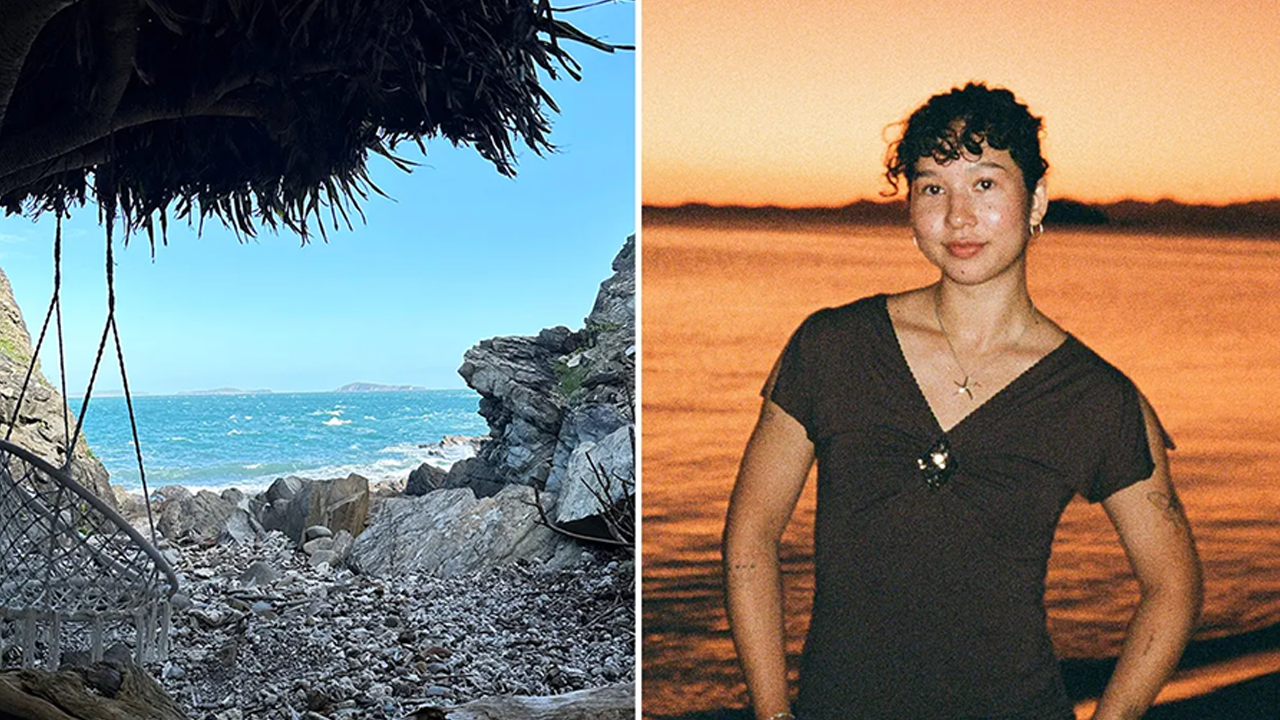An earthquake is a sudden, fierce shaking of the Earth’s surface that’s caused by movements in the planet’s outermost layer, according to NASA.
“It is estimated that there are500,000 detectable earthquakesin the world each year. 100,000 of those can be felt, and 100 of them cause damage,” the U.S. Geological Survey’s website says.
The phenomenon could cause property damage as well as injuries and even deaths as a result of flying objects (such as glass), collapsing walls and more, according to the Occupational Safety and Health Administration.
EARTHQUAKE ROCKS NJ, NY, SEVERAL MORE STATES: WHAT TO DO IF ANOTHER ONE HITS
So what can people do to keep themselves safe during an earthquake?
FEMA has provided tips for staying safe before, during and after an earthquake.
An earthquake is a sudden, fierce shaking of the Earth’s surface that’s caused by movements in the planet’s outermost layer, according to NASA. There are important steps to take before, during and after an earthquake. Learning how to drop, cover and hold on as preparation can protect you. (iStock)
“Earthquakes can bring mild to violent shaking and can occur any time, anywhere,” said FEMA in a document published in 2020.
“While earthquakes can and do happen throughout the country, states in identified seismic zones” have a much higher risk, the agency said.
Preparation for an earthquake
It is important to make an emergency plan, according to Ready.gov, a safety preparedness website that the U.S. government created.
Createa family emergency communications plan that has “an out-of-state contact,” the site advised.
It’s important to “plan where to meet if you get separated,” the site said.
Emergency supplies to be used in case of a natural disaster (hurricane, flood, earthquake, etc.) include a flashlight, backpack, batteries, water bottles, first aid kit, a lantern, a radio, a can opener and more. (iStock)
Thesite also advises preparing a supply kit that includes enough food and water “for several days,” along with a flashlight, a fire extinguisher and a whistle.
Before an earthquake, people should take steps to secure furniture — including bookcases, refrigerators and televisions — that could potentially injure or kill someone if those items were to fall over, said FEMA.
“Most casualties and injuries during an earthquake occur when: people fall while trying to walk or run during the shaking; when they are hit by falling, flying or sliding household items or non-structural debris; and/or when they are struck or trapped by collapsing walls or other parts of the building,” said FEMA.
Items not secured fell to the ground during an earthquake in Alaska. FEMA recommends securing all items possible — if there is time — before an earthquake occurs. (AP/David Harper)
To prevent this, FEMA suggested identifying areas that need to be secured in case of an earthquake.
“Store heavy and breakable objects on low shelves,” Ready.gov says.
EARTHQUAKE OUTSIDE NYC TRIGGERS GROUND STOP AT MAJOR AIRPORTS
It also says, “Consider obtaining anearthquake insurance policy. A standard homeowner’s insurance policy does not cover earthquake damage.”
Drop, cover, hold on
If you are inside during a quakeIf you are outside during an earthquake
Prior to an earthquake, the agency recommends that people practice the “drop, cover, and hold on” technique in case an earthquake does occur.
If you find yourself in the middle of an earthquake, FEMA advises people to “cover your head and neck with your arms. If a sturdy table or desk is nearby, crawl underneath it for shelter. If no shelter is nearby, crawl next to an interior wall (away from windows). Crawl only if you can reach better cover without going through an area with more debris. Stay on your knees or [stay] bent over to protect vital organs.” (iStock)
This technique involves dropping to one’s hands and knees, covering the head and neck with the arms, and hanging onto something sturdy until the earthquake ends.
“During an earthquake, minimize your movements to a few steps to a nearby safe place,” said the document.
WATCH: WOMAN FALLS THROUGH FLOOR AS POSSIBLE SINKHOLE OPENS UP UNDER SHOPPING MALL
“If you are indoors, stay there until the shaking has stopped and you are sure it is safe to exit.”
Anyone who is outdoors during an earthquake should attempt to move away from buildings, electrical wires and streetlights, said FEMA.
“Once in the open, drop, cover, and hold on,” said the document.
It may be advisable to enter a building to avoid being hit by debris, FEMA said.
After an earthquake
After an earthquake has ended, smaller “aftershocks” may occur, the agency noted.
Individuals should remain cautious and continue to monitor the news to be aware of any additional updates.
Those who live near the ocean should remain vigilant in case of a tsunami, it also said.
CLICK HERE TO SIGN UP FOR OUR LIFESTYLE NEWSLETTER
“Once the shaking has stopped, wait a minute before getting up and then look around for debris or other dangers,” said FEMA.
“If you are able to safely move to exit the building and there is an open space to go to, exit the building and avoid damaged areas and downed power lines.”
Consider educating your family about earthquakes and how to prepare in order to stay safe. More safety guidelines are at Ready.gov. (iStock)
A person who is trapped after an earthquake should not move or shout, as this increases the risk of inhaling dust.
Shouting should be done “only as a last resort.”
“Tap on a pipe or wall, or use a whistle, if available, so rescuers can locate you,” FEMA added.
An earthquake may damage utility lines.
FEMA advises having gas, sewer and water lines inspected after an earthquake to ensure they are working properly.
“It is estimated that there are 500,000 detectable earthquakes in the world each year. 100,000 of those can be felt, and 100 of them cause damage,” the U.S. Geological Survey’s website says. (iStock)
Due to the risk of gas fires, no one should use a lighter or matches near a damaged area, the agency said.
“If you are sick or injured and need medical attention, contact your health care provider for instructions. If you are experiencing a medical emergency, call 9-1-1,” FEMA officials added to its website.
For more Lifestyle articles, visit www.foxnews.com/lifestyle.
Christine Rousselle is a lifestyle reporter with Fox News Digital.




